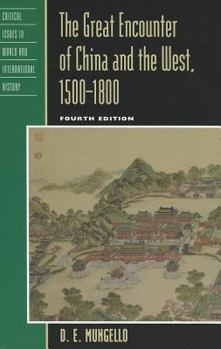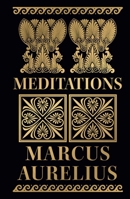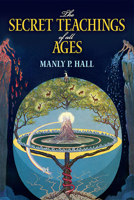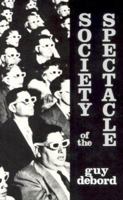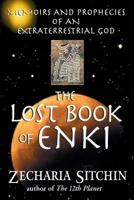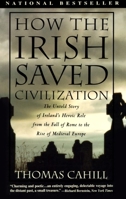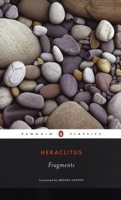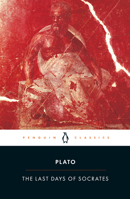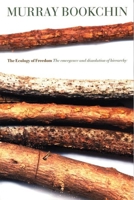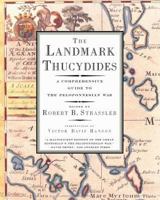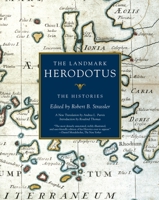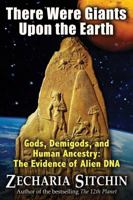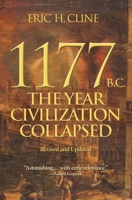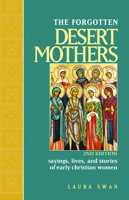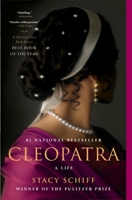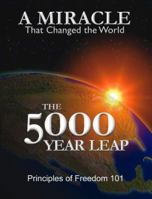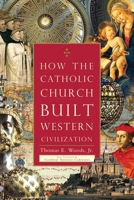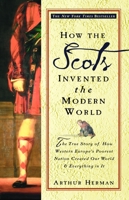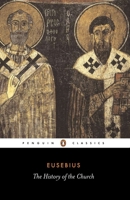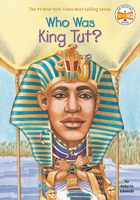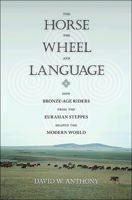The Great Encounter of China and the West, 1500-1800 (Critical Issues in History)
Select Format
Select Condition 
You Might Also Enjoy
Book Overview
Customer Reviews
Rated 5 starsTao of China, next great encounter
A powerful China is not new, only to restore its Ming glory and historic outstanding as then Europe came out of the Dark Ages and America was barren to be explored and cultivated. Hope the politicians in Washington read this book for a world of peace. Prof. Mungello wrote this comprehensive book on the intercourse of China and West in culture and religion in a highly readable text. Between 1500-1800, China was a powerful...
0Report
Rated 4 starsA great first book for a young reader
David E. Mungello is a historian known for his research on the Jesuits missionaries in China in 16-17th centuries, some of which he summarized 20 years ago in his more scholarly book, Curious Land: Jesuit Accommodation and the Origins of Sinology. That one is a great book, if you are interested in the subject and have enough patience to read it, but reading that book alone gives you a feeling of incompleteness: it focuses...
0Report
Rated 5 starsThe Tao of China rising !
Prof. Mungello wrote this comprehensive book on the intercourse of China and West in culture and religion in a highly readable text. Between 1500-1800, China was a powerful country. Catholics dreamed of converting China into a Christian country. However, it was Chinese influence to Europe to bring about Agricultural and Industrial Revolutions. He showed that missionaries sent back Tao Te Ching, I Ching and Confucius teaching...
0Report
Rated 5 starsMust for whoever that are interested in Chinese studies
Dr. Mungello has done a great job in presenting how the (Far) West met with Chinese culture over the period of 1500-1800. This book was written in easy and non-technical language. As a Chinese that has learnt Chinese history all through my school years, I am intrigued to read simialar materials presented from a Western perspective in simple English. Dr. Mungello noted that the Chinese in Song Dynasty mistook the picture of...
0Report
Rated 5 starsNot too shabby
I think Mungello has done a wonderful job in reconstructing the meeting between China and the Western world.
0Report










